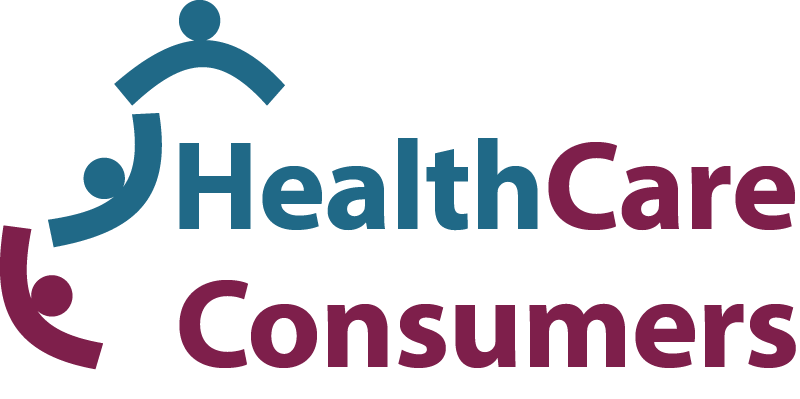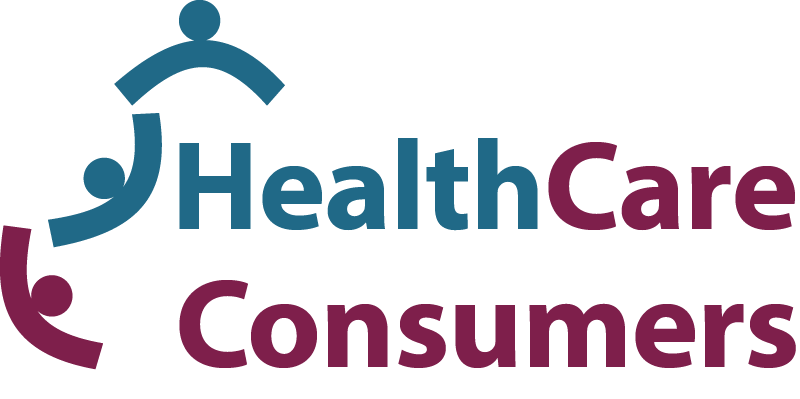Publications
Submission: Senate Inquiry into Assessment and Support Services for People with ADHD
Published: 2023
Access to diagnosis services for ADHD is currently inadequate. One in 20 Australians has ADHD and the real prevalence is likely higher as girls and adults are thought to be under diagnosed . Children wait long periods to access specialist services in both the public and private systems and adults struggle to find appropriate specialists accepting new patients. Adults are unable to access diagnosis within the public system unless the diagnosis is obtained during treatment for another mental health condition that is provided for in the public system. Private specialist diagnosis is already prohibitively expensive for both children and adults and costs are increasing rapidly as current demand significantly outstrips supply.
The long delays and substantial costs associated with obtaining a diagnosis place significant strain on individuals and families seeking support to manage the symptoms of ADHD which negatively impact their daily life.
‘Even the children getting diagnosed, it is happening when they’re 10/11/12. It is not happening earlier. Once they realise they need it, it is years until it actually happens.’
‘You’ve got families who are literally having to make a decision. Well, who gets diagnosed first? Who can we afford? Who needs to prove it to the people who have to accommodate their needs most?’
While the availability of diagnostic services varies around Australia there are some significant gaps in service provision that affect everyone. There are currently no public health services providing adult diagnostic services and the wait to access public services is substantial for children and young people. This is worse in some states and regions than others.
‘Myself and most people I know have had to go interstate for diagnosis due to the shortage and expense of psychiatrists in the ACT.’
While waiting lists in the private sector tend to be shorter, appointments are limited. Finding a provider who is accepting new referrals can be a challenge and consumers told us that you can expect to wait some time to receive an appointment.
There are a range of private service models providing diagnosis – including traditional private specialist practices and ADHD specific diagnostic clinics, which often provide telehealth services for interstate consumers. Consumers told us that access to these services is expensive, and often prohibitively so. Depending on service and location, consumers can expect to pay anything from $1500 to $3500 (and sometimes more) to complete the assessment process and, if appropriate, receive a formal diagnosis. This fee procures assessment and a diagnostic report, but it does not include provision of subsequent support or referrals to appropriate support services.
‘There is no public funding for adult ADHD assessment in the ACT and I know of several people who have gone without diagnosis because they cannot afford it. This has led to significant negative outcomes like unemployment, drug and alcohol addiction and inappropriate mental health care.’
Use the ‘Download Document’ button to read the full report.

